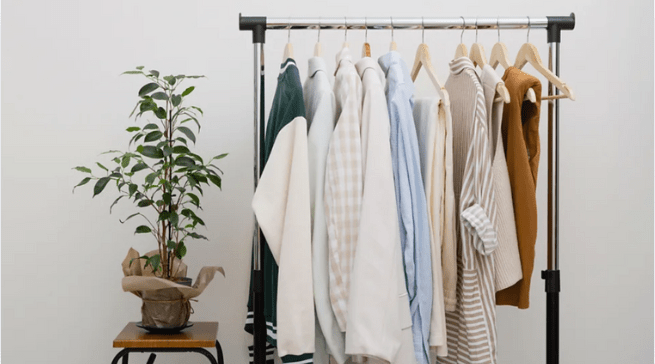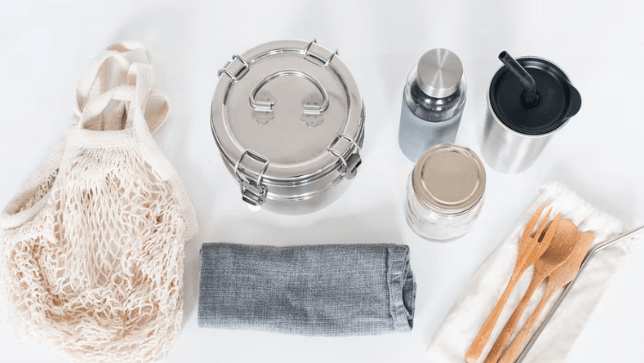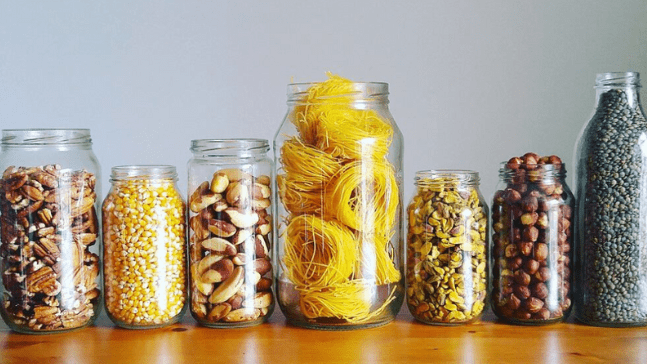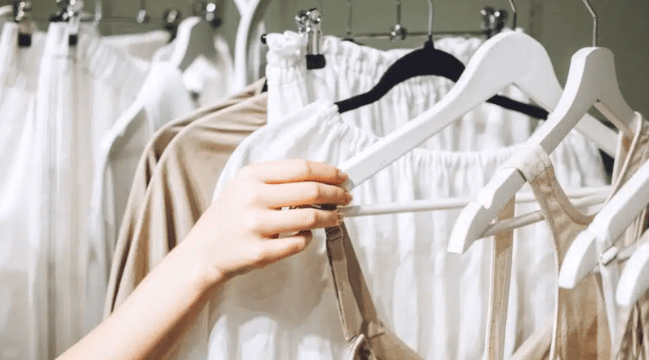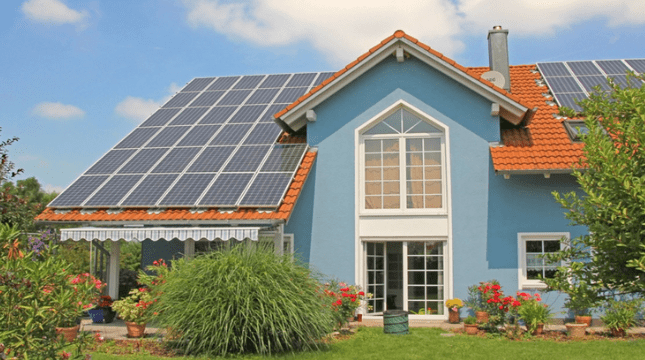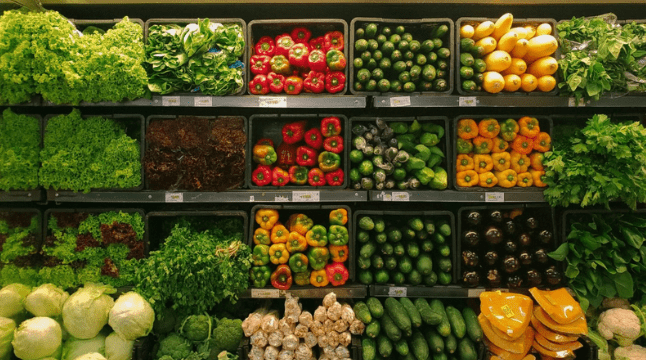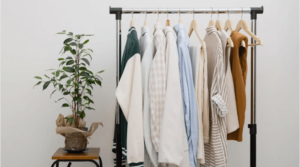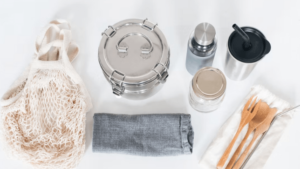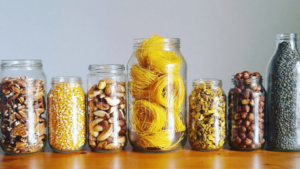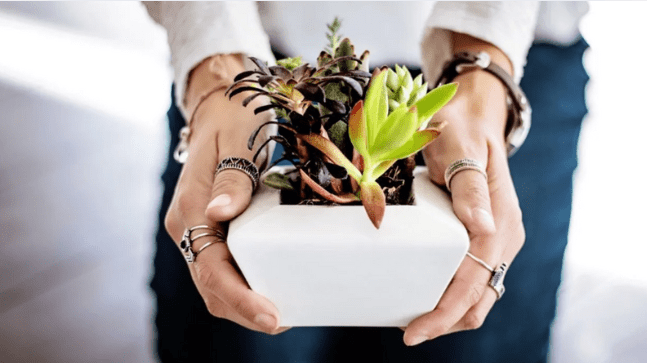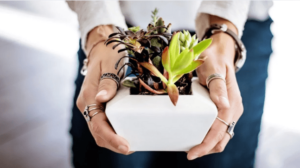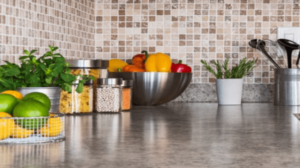Why Choose Eco-Friendly Cleaning Products?
-
Health Benefits: Conventional cleaners often contain VOCs, synthetic fragrances, and harsh chemicals that can cause respiratory irritation, allergies, asthma, headaches, and long-term health risks. Eco-friendly products with non-toxic, plant-based ingredients offer safer alternatives for your family and pets.
-
Environmental Protection: Chemical cleaners pollute waterways and harm aquatic life. Green cleaning products use biodegradable materials that naturally break down without damaging ecosystems.
-
Reduce Plastic Waste: Sustainable brands often use recyclable, refillable, or compostable packaging, significantly reducing plastic pollution.
Natural Ingredients Common in Eco-Friendly Cleaners
-
White Vinegar: A natural disinfectant and deodorizer.
-
Baking Soda: Excellent for scrubbing, deodorizing, and stain removal.
-
Castile Soap: Plant-based soap that cleans without stripping natural oils.
-
Essential Oils: Add natural scents and antimicrobial properties (e.g., tea tree, lavender, eucalyptus).
-
Hydrogen Peroxide: Non-toxic bleach alternative for disinfecting.
DIY Natural Cleaning Recipes
-
All-Purpose Cleaner: Mix 1 cup water, 1 cup white vinegar, 1 tbsp baking soda, and 10 drops lemon essential oil in a spray bottle. Shake before use.
-
Glass Cleaner: Combine 2 cups water, ¼ cup white vinegar, and 1 tbsp cornstarch in a spray bottle. Shake and spray for streak-free windows and mirrors.
-
Natural Floor Cleaner: Mix 1 gallon warm water, ¼ cup castile soap, and 10 drops eucalyptus essential oil. Sweep and mop for a clean, chemical-free floor.
-
Bathroom Scrub: Create a paste of baking soda and water; add a few drops of tea tree oil for extra disinfecting. Scrub surfaces and rinse.
Trusted Eco-Friendly Cleaning Brands
-
Seventh Generation: Known for plant-based, biodegradable products with responsible packaging.
-
Method: Stylish, effective, non-toxic cleaners using recycled materials.
-
Ecover: Offers sustainable products and refill stations to reduce waste.
-
Dr. Bronner’s: Famous for versatile Castile soap usable on almost anything.
-
Better Life: Allergy-friendly, cruelty-free, and biodegradable formulas.
-
Mrs. Meyer’s Clean Day: Combines natural ingredients with uplifting fragrances.
Tips for an Effective Green Cleaning Routine
-
Use microfiber cloths to minimize product use.
-
Ventilate rooms during and after cleaning to reduce indoor air pollution.
-
Avoid overusing products; often less is more with natural cleaners.
-
Choose refillable and empty containers to cut packaging waste.
-
Store cleaning supplies safely and accessibly to encourage regular use.
Common Myths About Green Cleaners
-
They’re not as effective: Modern eco-friendly products clean as well or better than traditional chemicals.
-
They’re expensive: Many natural alternatives like vinegar and baking soda are affordable and multipurpose.
-
Limited product range: Today’s market offers everything from laundry detergents to toilet cleaners in eco-friendly formulations.
-
No scent: Natural essential oils provide pleasant, light fragrances without synthetic chemicals.
Conclusion
Switching to eco-friendly cleaning products is a responsible choice for a fresh, healthy home and a greener planet. Using nontoxic, biodegradable solutions and sustainable brands—or making your own—reduces toxic exposure and environmental stress. Enjoy cleaner surfaces, fresher air, and peace of mind knowing you’re protecting your family and Earth.
FAQs: Eco-Friendly Cleaning Products
Q1: Will eco-friendly cleaners harm my kids or pets?
A1: Most green products use gentle, non-toxic ingredients safe for families and pets, but always check labels.
Q2: Can I make germ-killing cleaners at home?
A2: Yes! Ingredients like vinegar, baking soda, and lemon juice are effective natural cleaners.
Q3: Do natural cleaners remove stains?
A3: Yes, with proper scrubbing and soaking techniques.
Q4: Where to find sustainable cleaning products in the UK?
A4: Available at grocery stores, health shops, and online retailers.
Q5: How should homemade cleaners be stored?
A5: Use clearly labeled, sealed containers kept out of children’s reach.
Q6: Are green cleaning products more expensive?
A6: Initial costs may be higher, but value is gained through health benefits and product longevity.

